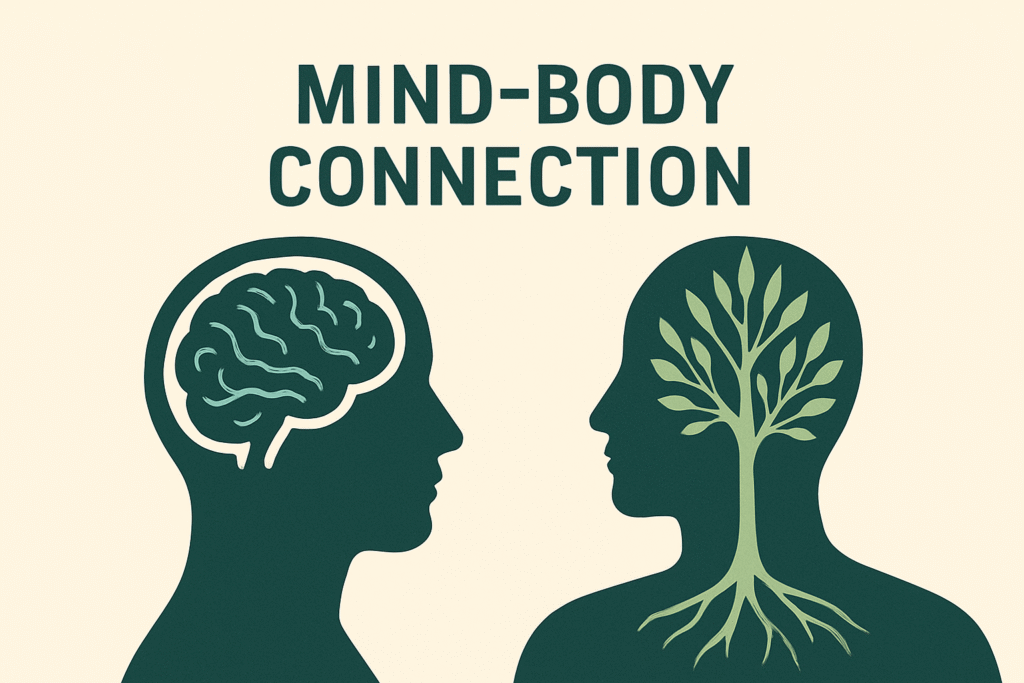Glucose and Neuroinflammation

Glucose and Hypometabolism
Cerebral glucose hypometabolism refers to a reduction in the brain’s ability to metabolize glucose, the primary source of neuronal energy. Because neurons have limited capacity for energy storage, consistent glucose supply is essential for proper cognitive, emotional, and behavioral function. When metabolism slows, neurons become less active, leading to impaired neurotransmission, synaptic plasticity, and overall brain performance — even before structural damage occurs.
🔬 Pathophysiology
Glucose metabolism in the brain occurs primarily through aerobic glycolysis, producing ATP to fuel neuronal signaling. When this process falters — whether due to mitochondrial dysfunction, neuroinflammation, insulin resistance, or oxidative stress — regions of the brain exhibit hypometabolism on FDG-PET (fluorodeoxyglucose positron emission tomography) scans.
Mechanisms contributing to cerebral hypometabolism include:
- Mitochondrial dysfunction: decreased ATP synthesis impairs neuronal signaling.
- Neuroinflammation: cytokines disrupt insulin and glucose pathways.
- Brain insulin resistance: glucose uptake is blunted despite normal peripheral insulin levels.
- Oxidative stress: damages neuronal membranes and enzymes critical for metabolism.
🧩 Clinical Correlations
Cerebral glucose hypometabolism is observed across neuropsychiatric and neurodegenerative disorders, with distinct regional patterns:
| Condition | Commonly Affected Regions | Clinical Correlates |
|---|---|---|
| Alzheimer’s Disease | Posterior cingulate, parietotemporal cortex | Early memory loss and executive dysfunction |
| Frontotemporal Dementia | Frontal and anterior temporal lobes | Behavioral disinhibition, apathy |
| Major Depressive Disorder | Dorsolateral prefrontal cortex, anterior cingulate | Impaired concentration, emotional regulation |
| Schizophrenia | Frontal and temporal regions | Executive dysfunction, cognitive impairment |
| Bipolar Disorder | Frontal, limbic circuits | Mood instability, impulsivity |
| Traumatic Brain Injury | Site-specific | Cognitive slowing, emotional dysregulation |
In psychiatry, hypometabolism often reflects neural circuit inefficiency rather than cell loss. For instance, decreased glucose utilization in the prefrontal cortex may explain poor emotional regulation in depression or executive dysfunction in schizophrenia.
⚕️ Integrative and Metabolic Psychiatry Perspective
At CareSync Psych, cerebral glucose hypometabolism underscores the mind-body connection — illustrating how metabolic and psychiatric processes intertwine. Emerging research links metabolic dysfunction (e.g., insulin resistance, obesity, chronic inflammation) with neuropsychiatric symptoms, suggesting that improving systemic metabolism may also enhance brain energy and mood stability.
Therapeutic approaches that can help restore cerebral metabolism include:
- Lifestyle interventions: balanced nutrition, exercise, restorative sleep.
- Nutritional psychiatry: ketogenic or low-glycemic diets supplying ketones as alternate brain fuel.
- Pharmacologic supports: metformin, GLP-1 receptor agonists, and mitochondrial antioxidants (e.g., CoQ10).
- Psychotherapy and mindfulness: reducing stress-driven cortisol spikes that impair glucose utilization.
🌿 Clinical Implications and Future Directions
- FDG-PET imaging remains the gold standard to detect regional hypometabolism.
- Metabolic psychiatry is reframing depression, anxiety, and cognitive decline as partly bioenergetic disorders.
- Addressing glucose dysregulation early may prevent progression of cognitive and emotional disorders.
- Future research aims to integrate metabolic biomarkers into psychiatric diagnostics and personalized treatment plans.
🧾 References (APA 7th Edition)
- Butterfield, D. A., & Halliwell, B. (2019). Oxidative stress, dysfunctional glucose metabolism, and Alzheimer disease. Nature Reviews Neuroscience, 20(3), 148–160. https://doi.org/10.1038/s41583-019-0132-6
- Cunnane, S. C., Trushina, E., Morland, C., Prigione, A., Casadesus, G., Andrews, Z. B., … & Mattson, M. P. (2020). Brain energy rescue: An emerging therapeutic concept for neurodegenerative disorders of ageing. Nature Reviews Drug Discovery, 19(9), 609–633. https://doi.org/10.1038/s41573-020-0072-x
- Mosconi, L., Berti, V., Glodzik, L., Pupi, A., De Santi, S., & de Leon, M. J. (2010). Pre-clinical detection of Alzheimer’s disease using FDG-PET, with or without amyloid imaging. Journal of Alzheimer’s Disease, 20(3), 843–854. https://doi.org/10.3233/JAD-2010-091504
- Rasgon, N. L., & McEwen, B. S. (2016). Insulin resistance—a missing link no more. Molecular Psychiatry, 21(12), 1648–1652. https://doi.org/10.1038/mp.2016.163
- Tomasi, D., & Volkow, N. D. (2019). Associations between brain activation, glucose metabolism, and psychiatric symptoms in major depressive disorder. Molecular Psychiatry, 24(12), 1672–1680. https://doi.org/10.1038/s41380-018-0262-9
- Zhang, X., Chen, W., Li, J., Zhang, Y., & Xu, Y. (2021). Brain glucose hypometabolism and psychiatric disorders: A review of mechanisms and therapeutic perspectives. Frontiers in Psychiatry, 12, 700–714. https://doi.org/10.3389/fpsyt.2021.700714